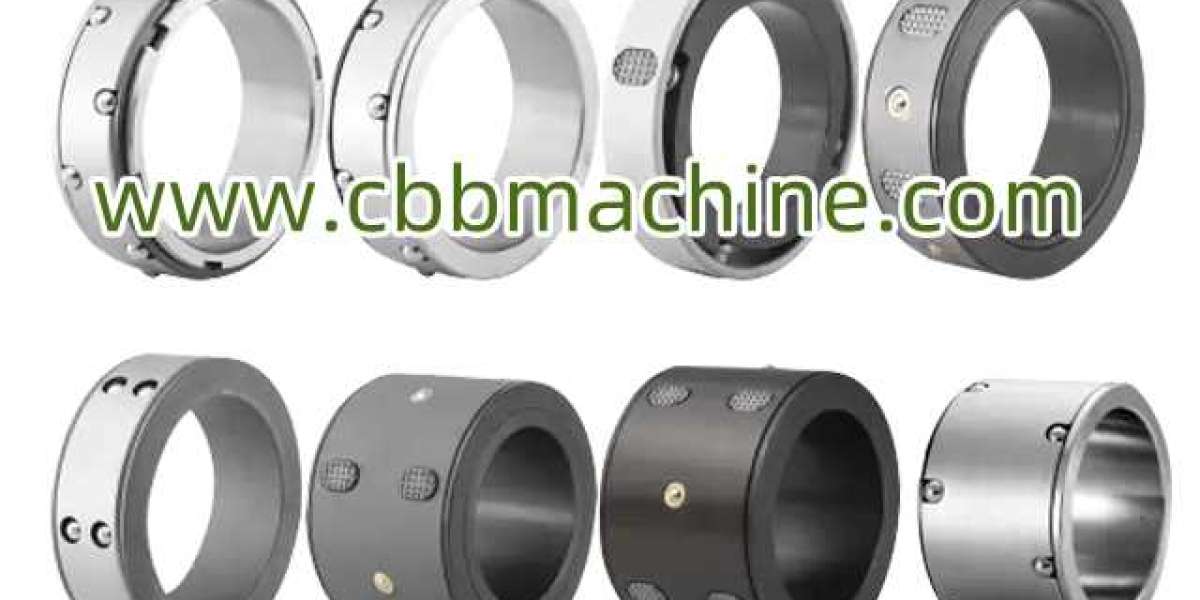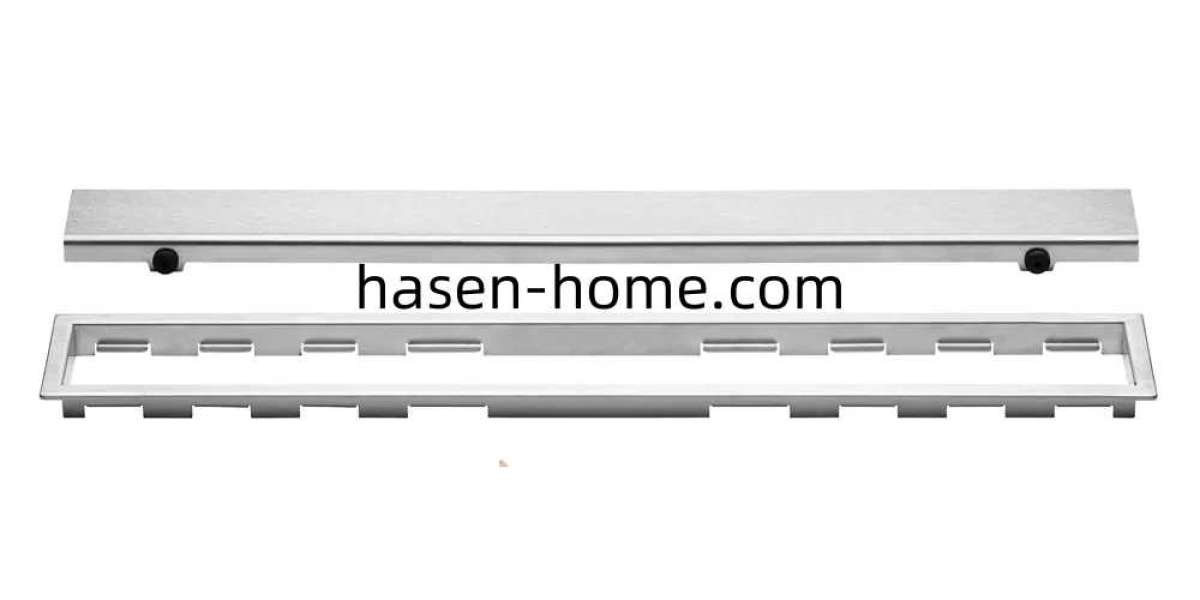Enhancing Industrial Efficiency Through Reliable Differential Shaft Solutions
In today’s fast-paced industrial environment, precision, speed, and efficiency are key factors in maintaining a competitive edge. One of the critical components that contribute to machinery performance is the differential shaft—an advanced mechanical solution designed to ensure smooth torque distribution across multiple outputs. Whether in packaging systems, printing equipment, or converting lines, differential shafts enable high-speed, tension-controlled operation with enhanced accuracy.
For companies looking to improve production quality and minimize downtime, selecting a dependable Differential Shaft Supplier is essential. The right supplier not only delivers quality parts but also understands the technical requirements behind each specific application.
What Is a Differential Shaft?
A differential shaft is a mechanical device engineered to allow multiple cores or winding units to rotate independently while maintaining controlled tension. This is particularly important in applications like film slitting, paper converting, or foil rolling, where inconsistencies in winding can lead to product waste, misalignment, or costly rework.
These shafts use friction elements or slip rings to ensure each section responds individually to tension changes. The benefit? Greater accuracy, less material waste, and improved finished product consistency—all crucial goals in modern manufacturing.
Why a Trusted Differential Shaft Supplier Matters
Working with an experienced differential shaft supplier can dramatically impact operational efficiency. Not all shafts are created equal, and quality variations can lead to vibration, slippage, or premature wear. A reliable supplier ensures:
Precision machining and balanced design for smooth rotation at high speeds.
Customized solutions for specific applications and material types.
Durability through high-grade materials and strict quality control standards.
Technical support for installation, maintenance, and troubleshooting.
Choosing a supplier with industry insight and hands-on engineering experience makes a significant difference when aiming to optimize machinery performance.
Key Benefits of Using Differential Shafts
Enhanced Production Speed
Differential shafts enable higher production speeds without sacrificing control. This is ideal for industries that need to maintain tight delivery schedules while ensuring product quality.
Improved Product Consistency
Consistent tension control ensures that winding and unwinding processes are smooth, reducing defects and enhancing the final product’s appearance and structure.
Reduced Material Waste
By minimizing core slippage and compensating for core diameter variations, differential shafts help reduce material waste—contributing to cost savings and sustainability efforts.
Extended Equipment Life
Well-designed differential shafts reduce stress on other components within the machine, ultimately prolonging the lifespan of the overall system.
Versatile Integration
Differential shafts can be integrated into various equipment types including slitting machines, coating machines, laminators, and even certain food-packaging lines.
How to Select the Right Differential Shaft Supplier
When sourcing a differential shaft supplier, it’s important to evaluate more than just pricing. Here are some key points to consider:
Manufacturing Capabilities
Does the supplier offer in-house design and production? This often translates into better customization and faster lead times.
Application Knowledge
Suppliers with experience across multiple industries can recommend optimal shaft configurations for your specific process.
Material Selection
High-quality materials such as hardened steel, aluminum alloys, and anti-corrosive coatings are essential for demanding environments.
After-Sales Support
Installation guidance, technical drawings, and spare parts availability are all signs of a supplier committed to long-term partnerships.
Customization Options
Can the supplier tailor the shaft’s length, diameter, torque range, or friction ring design to meet your machinery’s requirements?
Finding the right differential shaft supplier means more than just purchasing a component—it’s about forming a relationship with a provider who understands your operation’s technical demands.
Future Trends in Shaft Technology
As industries continue to move toward smarter and more automated production systems, differential shaft technology is also evolving. Features like automatic tension adjustment, digital monitoring systems, and lightweight materials are being integrated to improve performance and reduce energy consumption. Collaborating with a forward-thinking differential shaft supplier can help you stay ahead of the curve by incorporating these innovations into your production lines.
Conclusion
Differential shafts are integral to modern manufacturing systems. They enhance operational precision, improve tension control, and enable more efficient, high-speed production. Choosing the right differential shaft supplier ensures you receive not only durable, high-quality products but also expert guidance tailored to your specific industry needs. As automation and material complexity grow, aligning with a knowledgeable supplier will be key to maintaining quality, consistency, and cost-effectiveness in your operations.







